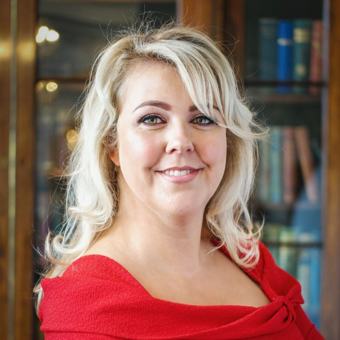Stewart Wilkinson, Partner at Royds Withy King: 'A Competent Profession'
The good lawyer - the SRA and competence
Of late, there has been much debate over how to train those coming into the profession. When I started it was open to non-degree holders through an extended period of training. I know several senior partners coming to the end of their careers who started in this way and are brilliant practitioners. Some time ago it changed to entry for degree holders in the main, with a fixed period as a trainee. Now, the SRA is seeking to re-introduce much greater flexibility in training to count towards qualification as a solicitor. This will certainly help those who have been working in the law but are unable to get a training contract. It will also provide a bigger pool of qualified lawyers for firms to draw on, but will it damage the profession and will it call our “competence” into question?
Practice makes perfect
The answer in my view is no, provided the trainee lawyer has an excellent academic grounding in the law. It matters not whether the student has an LLB or a degree in another subject, but the core subjects must be studied fully and vigorously. With a sound academic grounding, the rest is then a question of “practice”. This means long hours at the coal face, developing and honing skills that will stay with the lawyer for the rest of his or her career. Of vital importance in this process is the support of the firm and in particular of the partners and colleagues with whom the lawyer is working. At our firm, our trainees are given a broad grounding in most of the departments in the practice, which provides a firm base of knowledge to be deployed in the specialist areas that they then choose to qualify into. Clients also like their advisors to have a broad knowledge base.
Doing the right thing but still failing
But training to be a brilliant lawyer only takes us so far. “Competence” now has to be much broader. When I first entered the profession, there was not a lot of attention paid to the business of running the firm. It worked because the climate was different, there was not much competition, fees were higher and clients less demanding. Bankruptcy was unheard of. All this has now changed; the profession is being transformed with a new economic climate, different client expectations, new technology and new entrants to the profession. The risks have increased and we have seen of late some spectacular failures. Some of these have been firms which had been in existence for a long time and had good reputations which no one would have dreamt would suddenly collapse. All of the legal training in the world did not help these practices. What will?
A strong and stable profession
It is only if lawyers understand the consequences of their decisions both in the way that they run individual cases and also their firms, will there be a stable and prosperous profession in the future. This means properly analysing the scope of the work required in any particular case, pricing the work accurately and then managing it to ensure that it is carried out to plan. An increasing part of this task will require an in-depth knowledge of the technology that can assist and which is now becoming increasingly sophisticated and relevant to legal processes.
A further layer of complexity which has emerged over the last few years concerns the funding of work, in particular complex litigation. There are many sources of finance now available and often where the lawyer is required to share the risk, usually under a contingency or CFA arrangement. It may be possible to delegate some of the decision making in these cases to professional managers, a CEO or CFO, but at the end of the day the buck stops with the partners or practice owners.
We must therefore become much more “competent” in these areas if we are to thrive as a profession and provide the services our clients require. This may mean for partners and owners the need to go back to school to gain the necessary skills at intervals in their careers. This is a particular challenge for the next generation of partners, as my generation approaches retirement.










